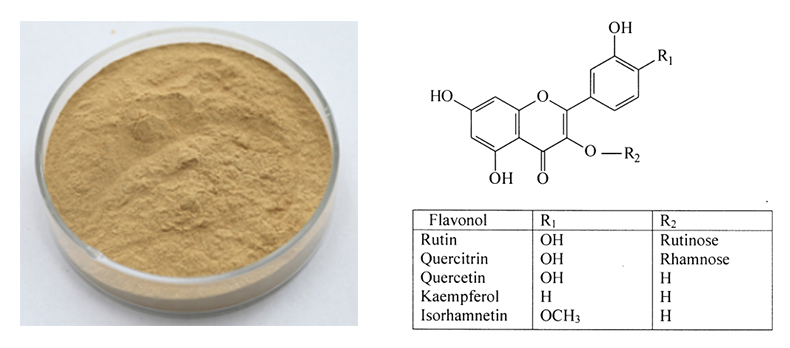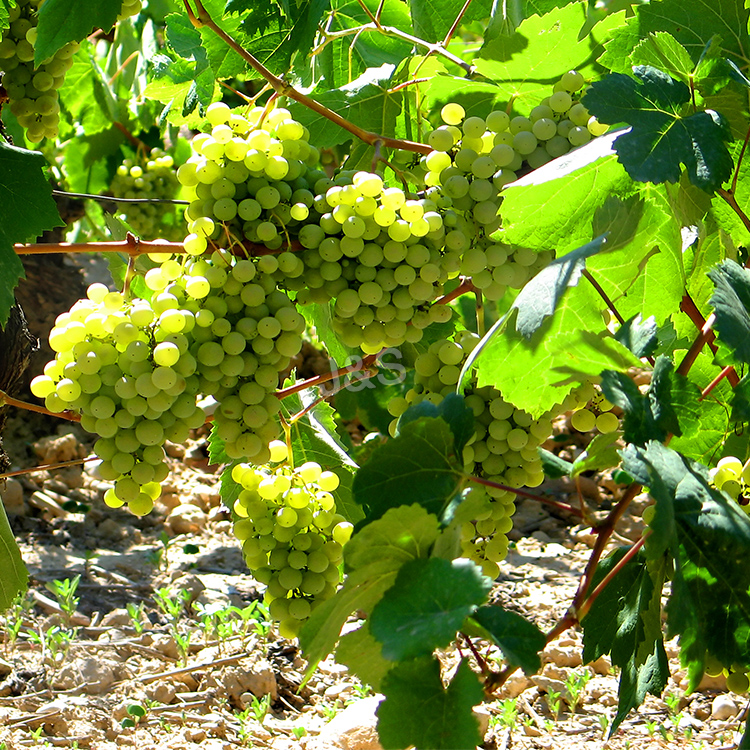2 Years\\\\\\\’ Warranty for Organic Ginkgo Biloba Extract Factory for India
2 Years\\\\\\\’ Warranty for Organic Ginkgo Biloba Extract Factory for India Detail:
[Latin Name] Cinnamomun camphcra
[Plant Source] It is extracted from Ginkgo Biloba Leaf.
[Specifications]
1, Ginkgo Biloba Extract 24/6
Total Ginkgo flavone glycosides 24%
Total terpene lactones 6%
2, Ginkgo Biloba Extract 24/6
Total Ginkgo flavone glycosides 24%
Total terpene lactones 6%
Ginkgolic acid 5ppm
3,CP2005
Total Ginkgo flavone glycosides 24%
Quercatin: kaemperol 0.8–1.5
Total terpene lactones 6%
Ginkgolic acid <5ppm
4.Germany Standard
Total Ginkgo Flavone Glycosides 22.0%-27%
Total Terpene Lactones 5.0%-7.0%
Bilobalides 2.6%-3.2%
Ginkgolic acid <1ppm
5.Water-Soluble Ginkgo Biloba Extract 24/6
Water Solubility: 5g Ginkgo Biloba Extract will be dissolved completely in 100g water
Total Ginkgo Flavone Glycosides 24.0%
Total Terpene Lactones 6.0%
Ginkgolic acid <5.0ppm
[Appearance] Light yellow fine powder
[Particle size] 80 Mesh
[Loss on drying] £ 5.0%
[Heavy Metal] £10PPM
[Extract solvents] Ethanol
[Storage] Store in cool & dry area, keep away from the direct light and heat.
[Package] Packed in paper-drums and two plastic-bags inside.
[Function]
Expanding blood vessel, resisting insufficient blood and oxygen deficit, increasing blood flow, improving cerebral arteries and distal
blood flow. Promoting cerebral circulation metabolism, improving memory function, resisting depression, resisting lipidic overoxidation,
protecting liver damage.
In clinic, curing high blood pressure, hyperlipoidemia, coronary heart disease, angina pectoris, arterial sclerosis, cerebral embolism,
senile dementia, primary and periodic dropsy, acute drumming in the ears, epicophosis, a variety of body function in disorder, dizziness
and so on.
Product detail pictures:

Related Product Guide:
Our company insists all along the quality policy of "product good quality is base of enterprise survival; buyer fulfillment will be the staring point and ending of an company; persistent improvement is eternal pursuit of staff" and also the consistent purpose of "reputation very first, shopper first" for 2 Years\\\\\\\’ Warranty for Organic Ginkgo Biloba Extract Factory for India , The product will supply to all over the world, such as: Zimbabwe, Turkey, Philippines, Our company insists on the purpose of "takes service priority for standard, quality guarantee for the brand, do business in good faith, to provide professional, rapid, accurate and timely service for you". We welcome old and new customers to negotiate with us. We will serve you with all sincerity!
Dear friend in this video we are going to describes about herbal remedies to overcome premature ejaculation. Lawax capsules and Lawax oil are the best herbal remedies to overcome premature ejaculation and last longer during sex naturally.
You can find more details about herbal remedies to overcome premature ejaculation at
https://www.ayurvedresearch.com/premature-ejaculation-pills-and-oil.htm
If you liked this video, then please subscribe to our YouTube Channel to get updates of other useful health video tutorials. You can also find us on Facebook, Twitter and Google+.
Google+: https://plus.google.com/+AyurvedResearchFoundation
Facebook: https://www.facebook.com/ayurvedresearch
Twitter: https://twitter.com/ayurvedresearch
Herbal Remedies To Overcome Premature Ejaculation
We are long-term partners, there is no disappointment every time, we hope to maintain this friendship later!

![[Latin Name] Cinnamomun camphcra3](http://cdn.goodao.net/jsbotanics/latin-name-cinnamomun-camphcra3.png)



